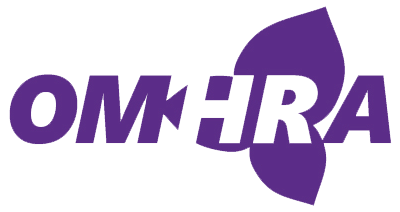
As a continuation of last week’s blog, below are seven frequently asked questions regarding how insurance brokers and individual insurance can help employers assist employees.
Q. How Can You Support Your Transitioning Employees?
A. Clear communication is key to cost containment success. Providing a support system that includes information on individual health plan options can go a long way to assisting your transitioning employees.
Q. How Can Insurance Brokers Help Transitioning Employees?
A. Insurance Brokers offer coverage from multiple Canadian insurance carriers, making it easy for your transitioning employee to find a plan that will suit their needs and budget.
Q. How Can Insurance Brokers Assist Your Employee During a Life Change?
A. Regardless of whether your employee is going through a divorce/separation or becoming an empty nester, or whether your employee is responsible for providing on-going benefits in a divorce settlement or your employee’s adult dependent is no longer eligible for your group plan, an insurance broker has plans that will fit in any situation.
Q. How Can An Insurance Broker Support your Employee as they become caregivers to their aging parent(s)?
A. An employee who becomes a caregiver to an aging parent will experience many life changes. This can include many additional responsibilities, preparing their home to reduce falls and hazards, and keeping on top of medical appointments and medications. An insurance broker offers plans to all age groups that include coverage for medical items, physiotherapy, and home support services.
Q. How Can Insurance Brokers Support an Employee Experiencing a Serious Health Event
A. A diagnosis of a serious illness can be devastating. Having a Group Benefits Plan alleviates many of the financial pressures that are associated with getting treatment. Often employees exceed the maximum limits of their Group Plan leaving them on the hook for additional medical costs. Having an individual health and dental plan in place will fill in the gaps, reducing the employees’ out of pocket costs allowing them to focus on their recovery. Individual and Group plans work alongside each other, combining the duplicate benefits’ maximums. For example, if the group plan has $300 maximum for vision, and the individual plan has $300 maximum in vision, the employee would have $600 to use for their vision benefits.
Q. How Can Your Retiree Keep Their Benefit Costs Down?
A. Insurance Brokers offer plans that are flexible, allowing your retiree to select the most cost-effective option for their unique situation.
Q. How Can Your Retirees Protect Their Financial Future?
A. By purchasing individual health and dental insurance, they can save on healthcare costs not covered by their provincial government plan, including expenses like prescription drugs, dental care, hearing aids, vision care, physio, massage, chiropractic treatments, nursing care and much more.
Presented by

Archives
Categories
- Attraction and Recruitment
- Benefits
- Celebrating Success and Recognition
- Change Management
- Coaching and Conflict Resolution
- Culture
- Diversity, Equity and Inclusion
- Emotional Intelligence
- Employee Engagement
- Employee Performance
- Labour Disruption
- Mentoring
- OMHRA activities
- OMHRA Events
- Psychological health and safety of the HR professional
- Recruitment
- Recruitment and Retention
- Retention
- Uncategorized
- Unique ideas for recruiting in a tight job market
- Wellness
Recent Posts
- How Leadership Development Coaching Provides Better Outcomes
- Better Leadership: Focus on a Coach Approach
- Creating a Psychologically Safe Workplace
- Group Health Insurance – The Impact of Preferred Pharmacy Networks on Employees’ Mental Health
- Provide Real Support For Your Mid-Career Team’s Psychological Resilience

